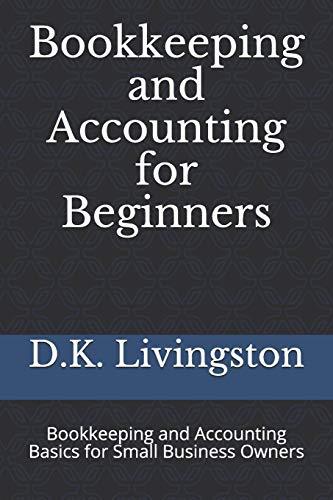I am really sorry that the question is so small, I could not figure out the zoom on my computer.

Ethical Dilemma Sometimes debt is not debt David Sheridan was a well-respected CPA in his mid-fifties. After spending 10 years at a national accounting firm, he was hired by Global, Inc., a multinational corporation headquartered in the United States. He patiently worked his way up to the top of Global's accounting department and in the early 1990s, took over as chief financial officer for the company. As the Internet began to explode, management at Global, Inc., decided to radically change the nature of its business to one of e-commerce. Two years after the transition, Internet commerce began to slow down, and Global was in dire need of cash in order to continue operations. Management turned to the accounting department Global, Inc., needed to borrow a substantial amount of money but couldnt afford to increase the amount of liabilities on the balance sheet for fear of the stock price dropping and banks becoming nervous and demanding repayment of existing loans. David discovered a way that would allow the company to raise the needed cash to continue operations without having to report the long-term notes payable on the balance sheet. Under an obscure rule, companies can set up separate legal organizations that do not have to be reported on the parent company's financial statements, if a third party contributes just 3 percent of the start-up capital. David called a friend, Brian Johnson and asked him to participate in a business venture with Global. Brian agreed, and created a special purpose entity with Global named BrianCo. For his participation, Brian was awarded a substantial amount of valuable Global stock. Brian then went to a bank and used the stock as collateral to borrow a large sum of money for BrianCo. Then, Global sold some of its poor or underperforming assets to BrianCo for the cash that Brian borrowed. In the end, Global got rid of bad assets received the proceeds of the long-term note payable, and did not have to show the liability on the balance sheet. Only the top executives and the accountants that worked closely with David knew of the scheme, and they planned to use this method only until the e-commerce portion of Global became profitable again Required a.How did David's scheme affect the overall appearance of Global's financial statements? Why was this important to investors and creditors? b. Review the AICPA'S Articles of Professional Conduct (see Chapter 4) and comment on any of the standards that have been violated c. Name the features of the fraud triangle and explain how they materialize in this case Ethical Dilemma Sometimes debt is not debt David Sheridan was a well-respected CPA in his mid-fifties. After spending 10 years at a national accounting firm, he was hired by Global, Inc., a multinational corporation headquartered in the United States. He patiently worked his way up to the top of Global's accounting department and in the early 1990s, took over as chief financial officer for the company. As the Internet began to explode, management at Global, Inc., decided to radically change the nature of its business to one of e-commerce. Two years after the transition, Internet commerce began to slow down, and Global was in dire need of cash in order to continue operations. Management turned to the accounting department Global, Inc., needed to borrow a substantial amount of money but couldnt afford to increase the amount of liabilities on the balance sheet for fear of the stock price dropping and banks becoming nervous and demanding repayment of existing loans. David discovered a way that would allow the company to raise the needed cash to continue operations without having to report the long-term notes payable on the balance sheet. Under an obscure rule, companies can set up separate legal organizations that do not have to be reported on the parent company's financial statements, if a third party contributes just 3 percent of the start-up capital. David called a friend, Brian Johnson and asked him to participate in a business venture with Global. Brian agreed, and created a special purpose entity with Global named BrianCo. For his participation, Brian was awarded a substantial amount of valuable Global stock. Brian then went to a bank and used the stock as collateral to borrow a large sum of money for BrianCo. Then, Global sold some of its poor or underperforming assets to BrianCo for the cash that Brian borrowed. In the end, Global got rid of bad assets received the proceeds of the long-term note payable, and did not have to show the liability on the balance sheet. Only the top executives and the accountants that worked closely with David knew of the scheme, and they planned to use this method only until the e-commerce portion of Global became profitable again Required a.How did David's scheme affect the overall appearance of Global's financial statements? Why was this important to investors and creditors? b. Review the AICPA'S Articles of Professional Conduct (see Chapter 4) and comment on any of the standards that have been violated c. Name the features of the fraud triangle and explain how they materialize in this case







